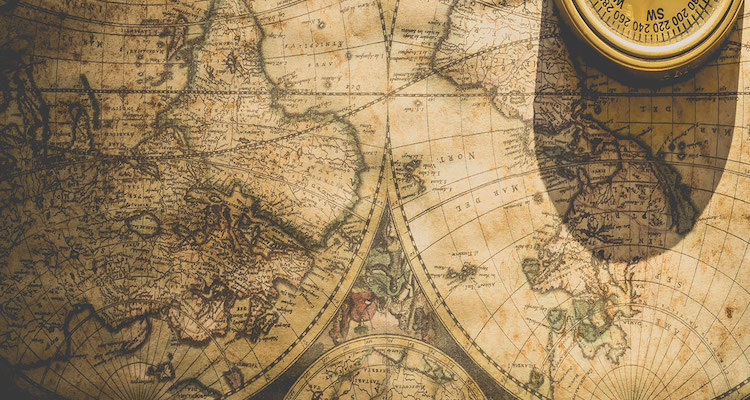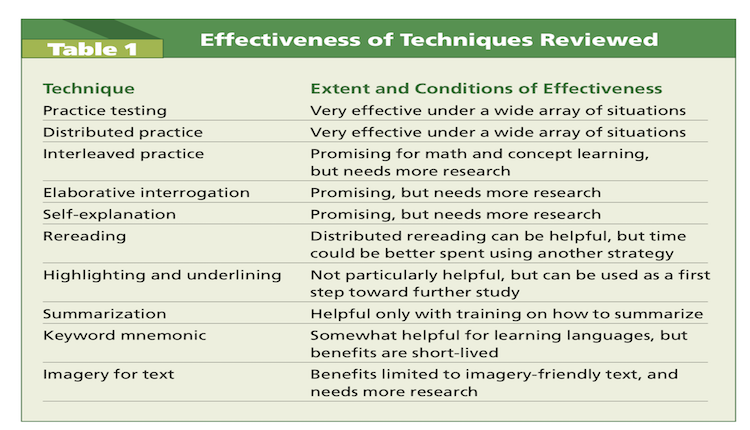Ever since I started teaching history I have been hugely conscious of the need to teach a broad and diverse history curriculum. My curriculum offer has always attempted to focus on unknown voices of people from these islands and beyond. I have taught about forgotten English people from our rich past, devoted curriculum time to the teaching of the French Revolution, Mogul India, 19th century Benin and China. However, I have never felt that my curriculum offer has been broad enough. Nor does it cover enough wider world histories. Although different voices pop up now, if I’m completely honest, they have not yet appeared enough to really be heard.
Now more than ever appears to be the time that we really should ensure that our history curriculum is broad, rich and diverse. Wide and rich enough to really understand the histories of different cultures and peoples. People living in Britain today come from brilliantly diverse backgrounds. A schools history curriculum should resonate with each of them.
For clarity, I will use the term ‘wider world histories’ here to mean histories such as empire, our colonial past. And the more diverse histories from distant times and places too.
Unfortunately, when you stand back and look, the curriculum offer for most English pupils is still too narrow. Although, according to the latest HA survey things are slowly improving.
But, for the five years of compulsory secondary school, the history curriculum focuses mainly on white English history. Pupils might briefly visit 20th century Europe or the United States in this time. But seldom will they study the history of Europe, Africa or Asia before the 20th century.
This blog series will discuss how and why this should change at Key Stage 3. Focusing first on the opportunities that exist, then consider in a rationale for change. We will then move on to barriers to change. Finally, I will tentatively outline some potential ways forward.

The present National Curriculum provides the scope to teach wider world histories
The opportunities to teach a broad and diverse curriculum already exist! In theory at least. Despite the barriers that policymakers wanted to put in place, the present National Curriculum does provide some limited opportunities to teach wider world histories.
The aims of the National Curriculum state that pupils should:
- know and understand the history of these islands as a coherent, chronological narrative, from the earliest times to the present day: how people’s lives have shaped this nation and how Britain has influenced and been influenced by the wider world.
- know and understand significant aspects of the history of the wider world: the nature of ancient civilisations; the expansion and dissolution of empires; characteristic features of past non-European societies; achievements and follies of mankind.
Clearly, reading these two aims, there is much scope for teachers to select and teach aspects of world history of their own choice. The National Curriculum document also states that pupils should be taught:
- at least one study of a significant society or issue in world history and its interconnections with other world developments (DfE 2014).
Again, in theory, the opportunities are here, laid down in policy. On the whole, teachers do not exploit these openings.
A rationale for change – the purpose of history
The reasons for widening the scope of the history curriculum are plentiful. It is appropriate to wrestle with the thorny of issue of what is the purpose of learning history, and therefore what is the purpose of learning wider world histories.
There is a strong consensus internationally that teaching young people history is of huge importance. Learning history can also be very challenging and in some ways counter-intuitive (Wineburg 2001). Some argue that learning history provides pupils with ‘powerful knowledge’ that is different from the everyday knowledge they learn at home. This knowledge gives them the power to provide reliable explanations about the world beyond the narrow limits of their experience (Young 2014). American researchers, Barton and Levstik (2004) suggested that history is important as it promotes democratic citizenship.
In addition, teachers in an English qualitative study suggested that studying history is important for pupils because it develops empathy, promotes tolerance and provides a healthy regard for diversity (Husbands et al, 2003).
More recently, the historian Peter Frankopan, in his excellent children’s adaptation of The Silk Roads convincingly explains part of his rationale for studying history as follows:
‘We study history to understand the past, but also to try and explain the present. History is a bit like tracing back your footsteps and trying to work out how and why you took a particular route to where you are now standing.’ (Frankopan, 2018. p8)
Undoubtedly, the purposes of a history education are contested. Nevertheless, all of the rationales outlined here make the case strongly for studying wider world histories. Knowledge of wider world histories is indeed powerful. This knowledge will help pupils to explain the world they see around them and how it has evolved. Moreover, it also allows pupils to see globally how the past has informed the present. It will enable pupils to draw comparisons and make connections with differing cultures. Pupils will also gain a much more diverse knowledge of the world which will help to develop empathy and promote tolerance.
A rationale for change – mirroring of academic history
Some history educators (Worth 2018 and Kennett and Bailey Watson, 2019) give another reason for studying the wider world histories. They suggest that school history should be drawn from the history practised by professional historians. Over the last fifty or so years academic history has explored new grounds. Historians like E P Thompson (1963) and Hobsbawn and Rude (1961) explored hidden histories from below. More recently, scholars have explored increasingly diverse topics such as magic in West Africa, (Green 2001), ‘Black Tudors’ (Kaufmann 2017) and even the history of the ‘Great Hedge of India’(Moxham 2001).
Clearly there is now a vast array of historical topics that could be covered in the history curriculum in schools.
The opportunities to teach wider world histories have existed for the last 30 years
Since 1991, in all five versions of the National Curriculum, there have been potential opportunities to teach wider world histories. Indeed, the History Working Group – which advised the government on the creation of the first National Curriculum (Low-Beer 1990) – argued that world history should take up a prominent amount of curriculum time.
For nearly thirty years now, the National Curriculum has given school history departments the opportunity to do exactly that. The door to historical breadth has been open for a long time. History teachers should now follow.
So why don’t we? The next blog post will explore these barriers.
References
- Bailey-Watson, W. and Kennett, R. (2019), ‘Meanwhile Elsewhere…’ harnessing the power of community to expand pupils’ historical horizons p36-43 in Teaching History 176, Historical Association, London
- Barton, K. and Levstik, L (2004) Teaching History for the Common Good, Routledge, London.
- Department for Education (2014) The national curriculum in England: complete framework for key stages 1 to 4.Available at: https://www.gov.uk/government/publications/national-curriculum-in-england-framework-for-key-stages-1-to-4.
- Frankopan, P (2018), The Silk Roads, a new history of the world – illustrated edition. London, Bloomsbury
- Green, T. (2001) Meeting the Invisible Man: Secrets and Magic in West Africa. London. Faber and Faber
- Husbands, C., Kitson, A and Pendry, A (2003), Understanding History Teaching, Open University Press, London
- Hobsbawn, E. and Rude, G (1969), Captain Swing, London, Lawrence & Wishart Ltd.
- Kaufmann, M. (2017) Black Tudors: the untold story, London: Oneworld Publications.
- Low-Beer, A 1990, National Curriculum. History Working Group. Final Report. D.E.S. and the Welsh Office. H.M.S.O
- Moxham, R (2001) The Great Hedge of India (Quest for One of the Lost Wonders of the World), London, Constable.
- Thompson, E. P (1966), Making of the English Working Class, New York, Vintage
- Wineburg, S. (2001). Historical Thinking and Other Unnatural Acts: Charting the Future of Teaching the Past (Critical Perspectives on The Past). Philadelphia, PA: Temple University Press
- Worth, P (2018), ‘This extract is no good, miss!’ Helping post-16 pupils to make judgements about an Historian’s construction of argument Teaching History 170, London, Historical Association
- Young, M. and Lambert, D (2014), Knowledge and the Future School, Curriculum and Social Justice. London, Bloomsbury




